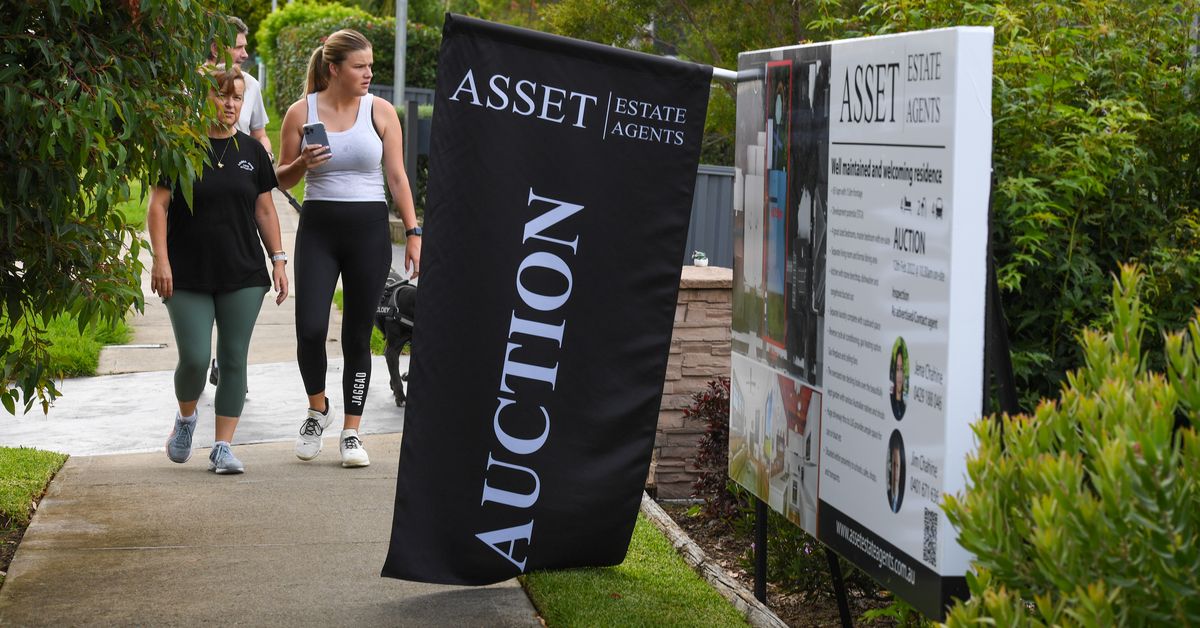This is an increase of 0.3% from the previous quarter, taking the indicator to its highest level since February 2016.
Overall, arrears over 30 days increased by 9 percent to 1.3 percent, the third consecutive increase.
“Historically, delinquencies increase in the first quarter due to Christmas spending, but this increase is smaller than in previous years,” Fitch said.
“This most likely indicates that persistent inflation and the 4.25 percentage point increase in official interest rates from mid-2022 is affecting some borrowers.”
On the other end of the spectrum, the share of mortgage holders with their payments in full fell from 25.4 percent to 21.5 percent, bringing it back to the level of a few years ago.
“Prepayment rates are now at their lowest level since early 2021,” Fitch said.
“High repayment rates were the result of greater refinancing activity and competition in the home loan market as interest rate spikes prompted borrowers to seek lower interest rates.”
Unfortunately, there appears to be little chance of reprieve for those homeowners who are struggling to make or get ahead of their payments.
Monthly inflation hit its highest level since November yesterday, raising fears that the Central Bank’s next move will be to raise interest rates rather than cut them.
Just under 40 per cent of economists now forecast an interest rate rise in August, up from 10 per cent before the ABS inflation data.
Even if Governor Michelle Bullock and her board choose to keep the cash rate steady at 4.35 percent at their August meeting, the next cut appears to be further away.
While most of Australia’s major banks are forecasting the next cut later this year, the wider financial market does not expect rates to fall by 0.25 per cent until November 2025.
